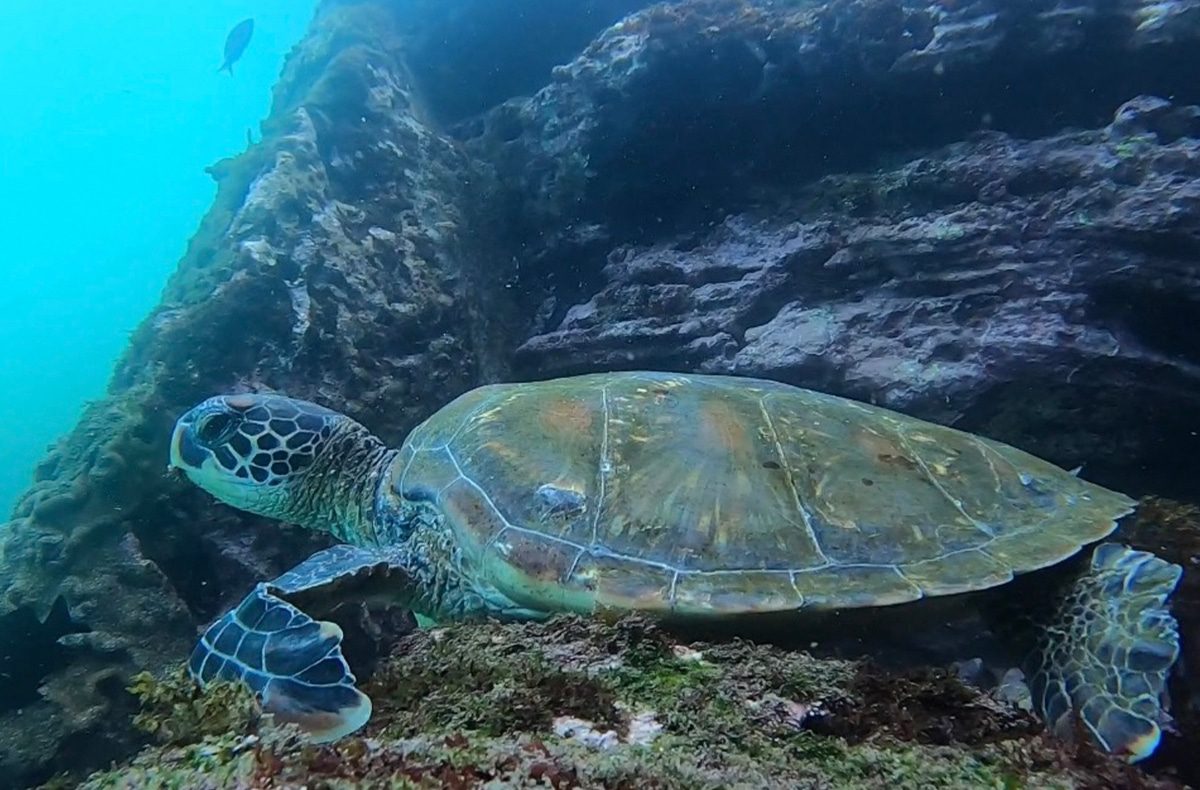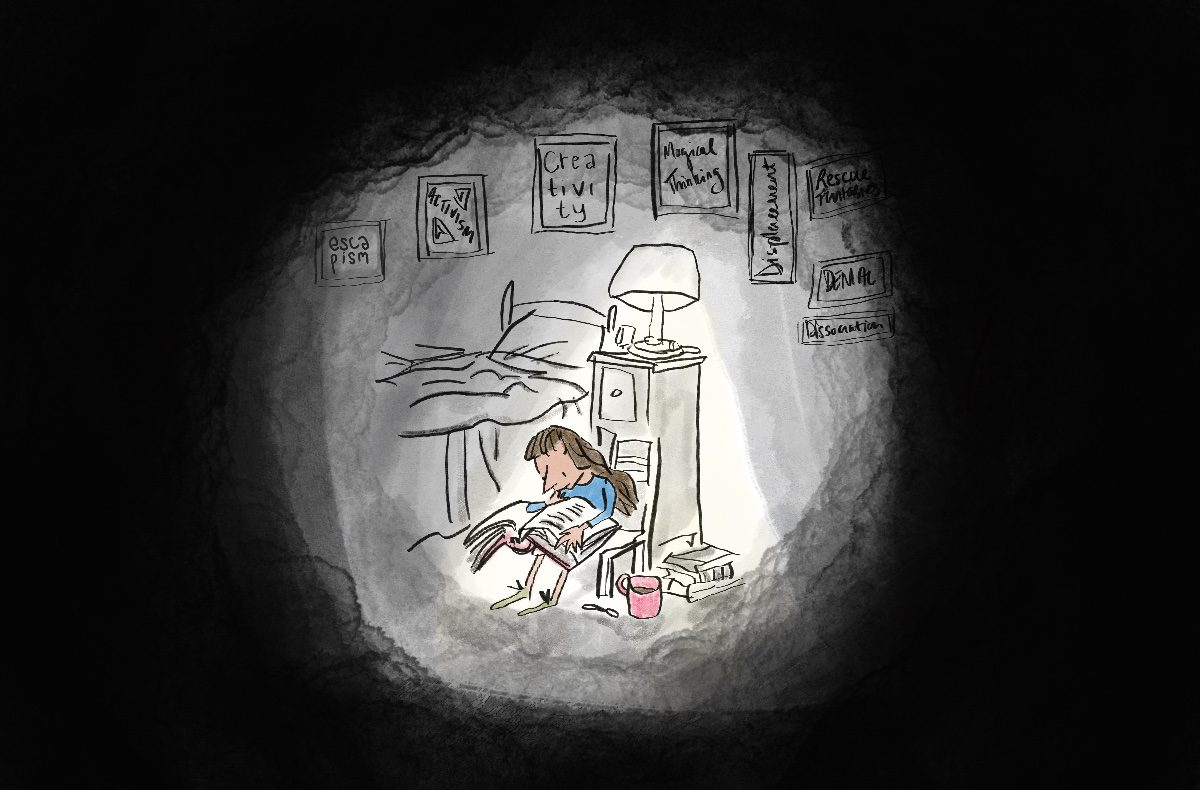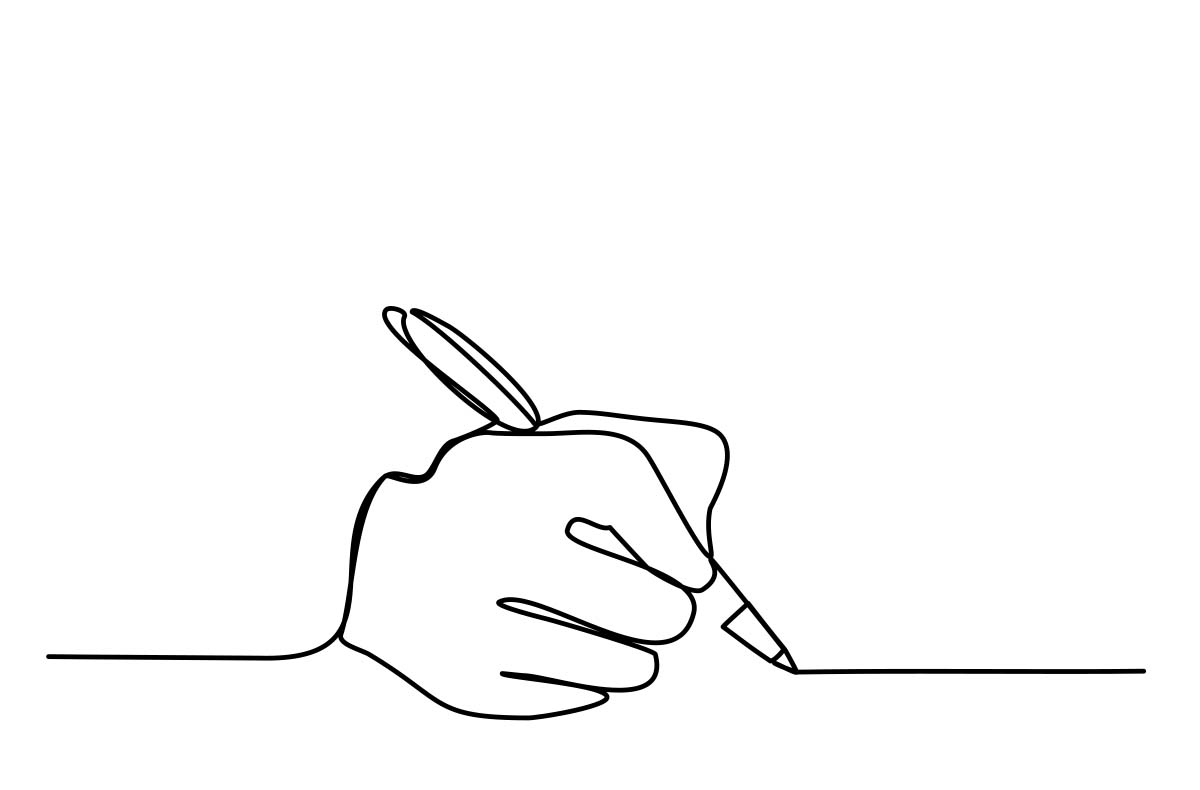
I’ve always loved nature. For a while now, I’ve been vaguely conscious that it’s probably a good idea to conserve it. And yes, most people are aware that being outdoors is good for mental health. But it wasn’t until recently that I discovered just how important it is for us to connect back to the natural cycles of nature that we’re a part of, and by that token, how vital nature conservation and preservation is—for the world’s ecosystem at large as well as for us humans and our wellbeing.
This summer, I had the unique opportunity to explore South America. I was travelling for just under a month. My time was divided between the deepest parts of rainforest jungles—where the only sources of light at night were bioluminescent firefly eggs and the only sounds were howler monkeys marking their territory—the most remote, disconnected islands—where adequate Wi-Fi was just as impossible to find as a licenced taxi, but gorgeous, rare wildlife like the turtle pictured above abounded—and busy, high-rise cities with bustling airports. As I observed myself moving through these different locations, I realised a few things. First, that I had never before been in a situation where I’d had no Wi-Fi for such long periods of time. Second, that this was absolutely wonderful. And third, that returning to the civilised cities with readily-available Wi-Fi was at times incredibly stressful. I realised how natural being in the natural world was, and how city-life fosters an angst that pulls me away from that naturalness.
As humans, we belong in nature. That doesn’t mean that all elements of citylife are toxic and we must run to the countryside immediately, but it may mean that us cityfolk have to work harder to exist in that natural, balanced state of just being. It is likely more difficult to commit to the act of slowing down in a place that’s far removed from the values of the natural world—the values of resting and attuning ourselves to our inner workings and our surroundings.
It is possible to cultivate peace amongst the noise—though doing so can pose a challenge, especially at first. Explore your local area for green spaces you might enjoy, even if they’re small. If your green spot has a water source in it, that’s even better. Research has shown that just five minutes of “green exercise” (exercising in outdoor nature) improves self-esteem and mood, and the effects are even greater for green spaces containing water!
Seek out ways to occupy your green spot daily, if you can. Trade out some of those gym sessions for a walk or a run through the park. Take a moment to sit on the swings and remove your headphones, taking in your surroundings. If you’re an animal fan, try to spot birds, squirrels, or other sources of wildlife. During walks, ground yourself in nature by following the rhythm of your footsteps—or if you’re walking a dog, listen to the rhythm of his paws touching the ground in synchrony. Focus your attention on the world around you.
Sit outside for a few moments every day and see if you can notice how the smells and sounds evolve as the seasons change. Be playful and curious about what you can find. You’d be surprised how much there is to explore—I’ve been walking in the same forest for the past few years, and it was only last week that I found a new clearing with a little lake that I’d never seen before. If you can, find time to do your work outdoors when it’s warm. And when it’s cold, cultivate some plants at home, watch a nature documentary, and don’t underestimate the value of a nice, bundled up walk. Take photos of what you see outside, paint it and draw it, or capture it in your mind’s eye and make it your safe space.
Connecting with nature is all about calming the hyper-sensitised nervous system, reducing anxiety, and clearing the mind. It’s about the vastness and expansiveness of nature making us aware of our own expansiveness. And where does conservation come in? Well, quite simply, nature, conservation and mental health all go hand in hand. Conservation isn’t only about protecting the environment so that the wildlife can live on and the next generations can see it—it is not something exclusively external and future-oriented. Nature is a part of us, it’s something we’re part of, and it’s something bigger than us; it’s something we need in the here-and-now.
I recently watched My Octopus Teacher, a moving documentary about the relationship built between a wild octopus and the filmmaker Craig Foster, and how the relationship changed Foster. Towards the end, he reflects on his son’s enthusiasm towards nature, commenting on his development of “a strong sense of himself, an incredible confidence, but the most important thing: a gentleness. And I think that’s the thing that thousands of hours in nature can teach a child,” he says. Being aware of how our actions contribute to nature or even taking the initiative to be part of a conservation project can teach us mindfulness, connection, stillness, community, care, and gentleness—gentleness towards ourselves and towards all other sources of life.


